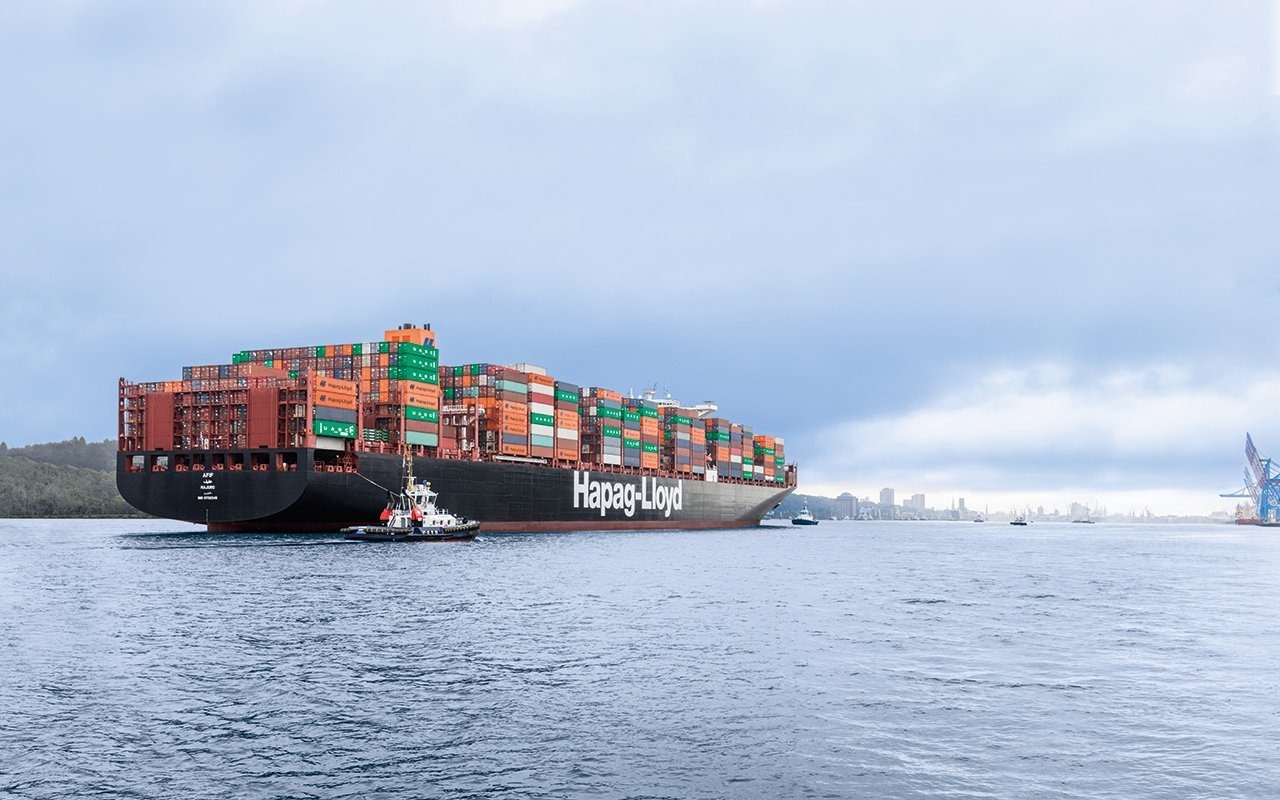
The new container shipping contract negotiating round is getting under way. Should shippers sign up quickly or bide their time? Here are some considerations to be taken into account.
The new contract tendering round has begun in the container shipping sector on a market which is very different from that of last year. In autumn 2022, freight rates had already started to decline but the scale and speed of their descent since then has caused surprise. In 2023, the expected economic recovery did not take place. Inflation and more difficult borrowing conditions affected demand from households and companies alike and prospects for 2024 remain gloomy.
If TEU volumes for a given period are not in line with forecasts, shipping companies will consider that they are within their rights to alter their services and the rates they charge for them. In a market which has largely lost its bearings, there is a real risk that there will be a split between shippers who are buying purely on a price basis and those who are looking for quality of service and a good environmental performance.
What transport purchasing strategy should shippers adopt in this situation? Our aim in this article is to give shippers some ideas which will help them to position themselves advantageously when they come to conclude long-term contracts - mainly for one year - with the shipping companies.
CONTENTS
- The lessons of the last negotiating round
- Do beneficial cargo owner shipping contracts still make sense?
- Are "FOB Chinese ports" contracts under threat?
- Outstanding questions
- Market split
- Conclusion: negotiate quickly or wait?

Jérôme de Ricqlès
Shipping expert
Our latest articles
-
7 min 03/03/2026Lire l'article
-
Subscriber France: Road transport prices remained almost stable in January
Lire l'article -
Hapag-Lloyd - Zim: a shipping deal with geostrategic implications
Lire l'article


